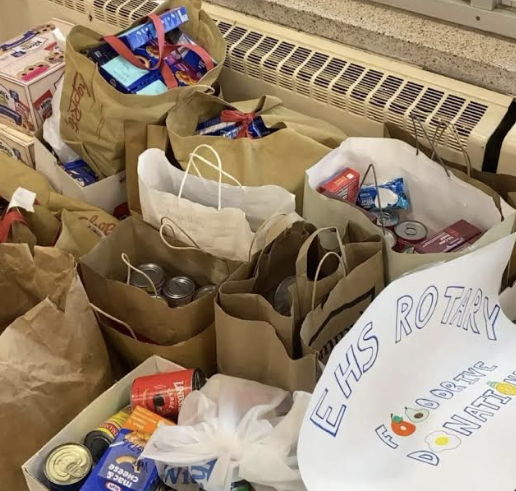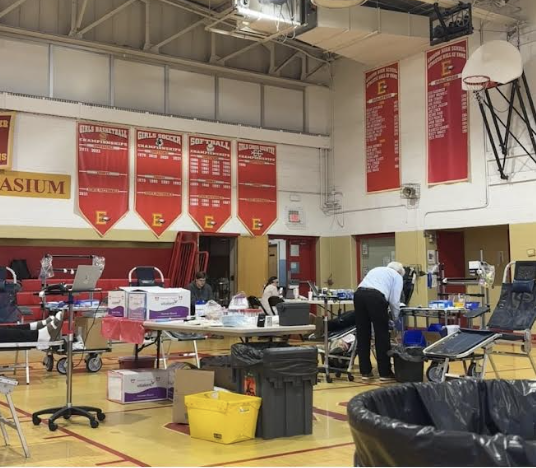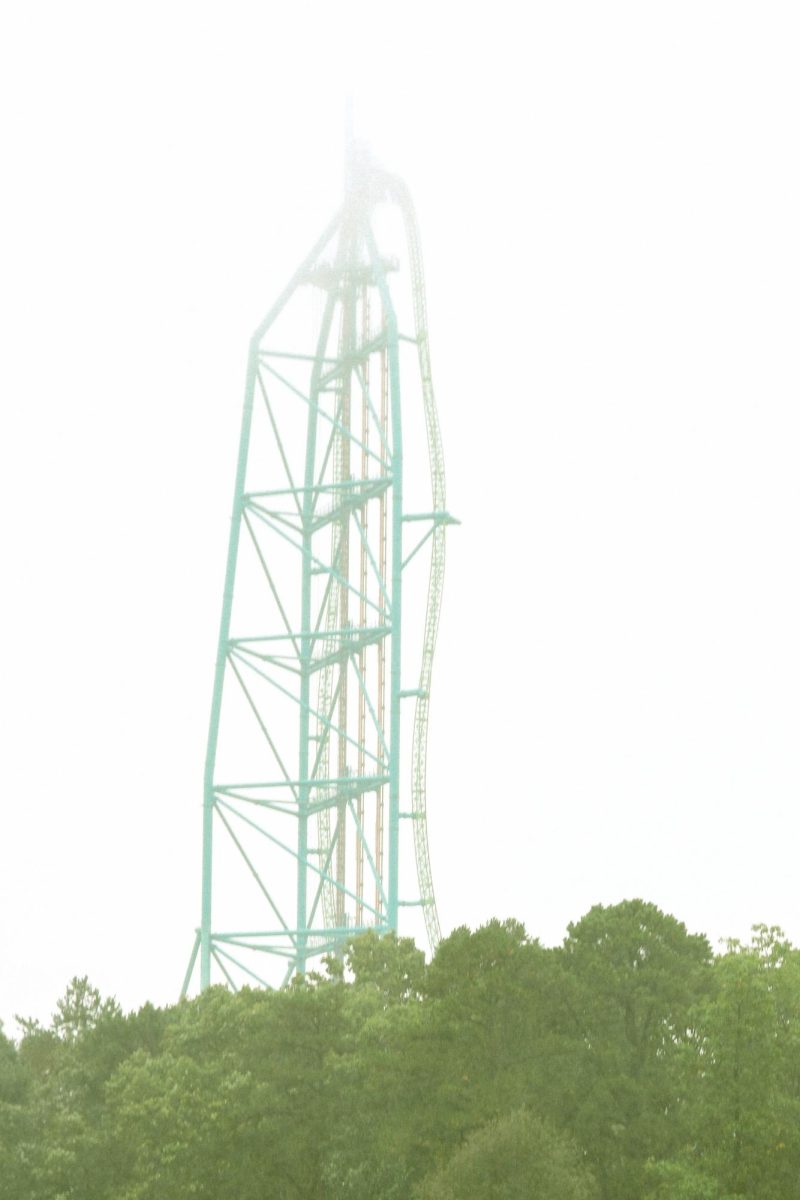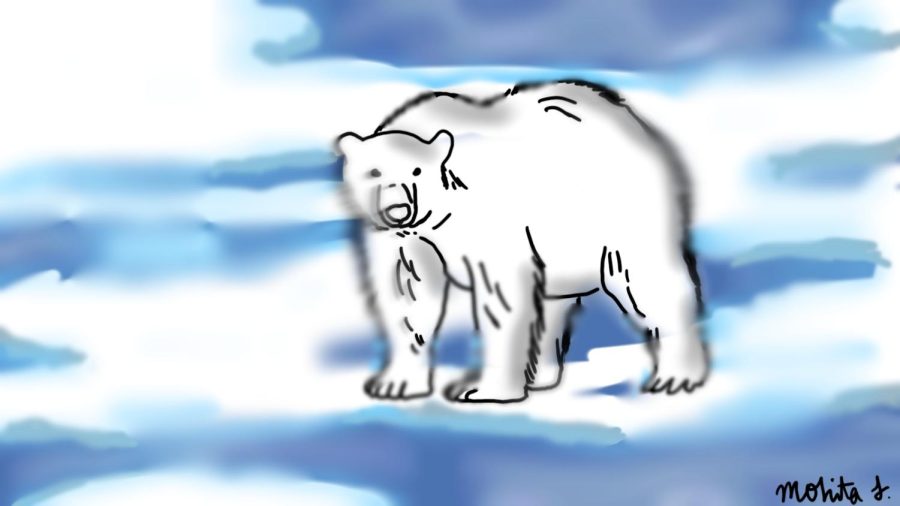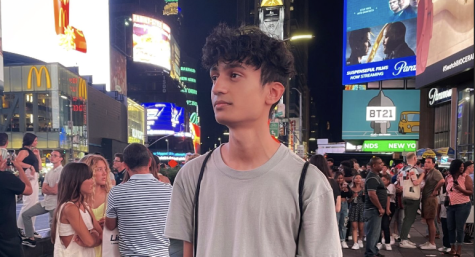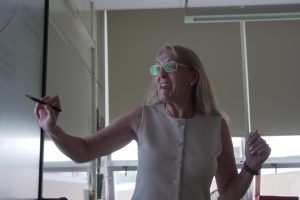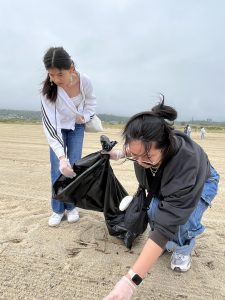Climate Change: Our Community and Country
Our climate and creatures are fading away.
November 25, 2020
The average seasonal snowfall total in Newark, New Jersey, is 25.8 inches. The 2019-2020 winter saw 6.9 inches, around 25% of the average. Philadelphia, Pennsylvania saw only 0.3” from July 1st, 2019 to May 30th, 2020, or only 1.2% of the average. July 2020 saw 17 days in Newark where the recorded high temperature was above 90℉, twice the average of 8.5, and also saw 11.7” of rain over the 31-day period, approximately 236% of the average.
These are just a few examples of the effects of global climate change in our community. Human activities over the last century and a half have accelerated natural warming cycles to nearly uncontrollable levels. Carbon dioxide and other “greenhouse gases” collect in the atmosphere, trapping heat on Earth. For millennia, this “greenhouse effect” kept the Earth warm enough to support life. But if recent trends are left unchecked, the same process may end up destroying life as well.
Glaciers are shrinking, ice caps are melting, plants and animal ranges are shifting, the oceans are acidifying, and, of course, global temperatures are rising. Earth’s rising temperatures are creating hotter heat waves. Additionally, some regions receive heavier rainfall, while others experience extreme drought. While the effects vary greatly across the globe, it is important that we identify the possible effects of climate change to both our local community and the country as a whole.
“So what are we doing about climate change? As of right now, not much.”
In Edison, we can expect to see our average temperatures rising, which means milder winters and hotter summers. Of course, this also brings with it a decreased chance for snowfall, as last year hinted. In addition, there may also be an increase in rainfall, leading to a higher frequency of flooding in areas with poor drainage. The rising sea levels are predicted to put some areas of Edison along the Raritan River underwater, including the New Jersey Convention Center, by 2100. Outside of Edison itself, both Newark Liberty and LaGuardia International Airports could be underwater 80 years from now, and areas surrounding MetLife Stadium could begin to flood as early as 2080.
The entire country will be affected by global warming. Temperatures will rise and snowfall will decrease everywhere, but some areas will see more rain while areas like California will see an increase in droughts. As this year has already proven, the West Coast will see more and more destructive forest fires as their climate gets warmer and drier. States bordering the Gulf of Mexico and the Atlantic Ocean will see an increase in the frequency and intensity of tropical cyclones.
So what are we doing about climate change? As of right now, not much. The United States is the second-largest source of carbon dioxide pollution worldwide (China is the first). In the third spot is the European Union, whose 2017 emissions were down nearly 20% compared to those of 1990. Meanwhile, the U.S.’ emissions stayed roughly the same, and Chinese emissions more than tripled. Despite the lack of government action, we must remember our individual contributions. The goal is simple: prevent the emission of carbon dioxide. The burning of oil and other fossil fuels is the biggest contributor to carbon dioxide pollution. Given that our world heavily depends on these resources, getting rid of them entirely may seem like a tall order, but as carbon emissions continue, the replacement of fossil fuels by more renewable sources has never been more essential. By using less energy, we can both limit climate change and, over time, save money. If we take action now, we may be able to avert our neighborhoods and country from the impending decades of destruction.




